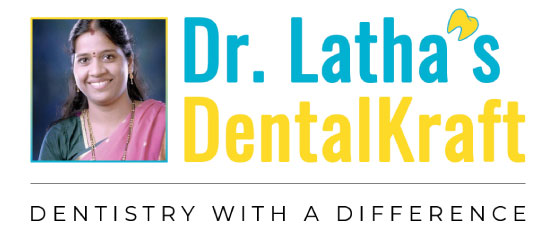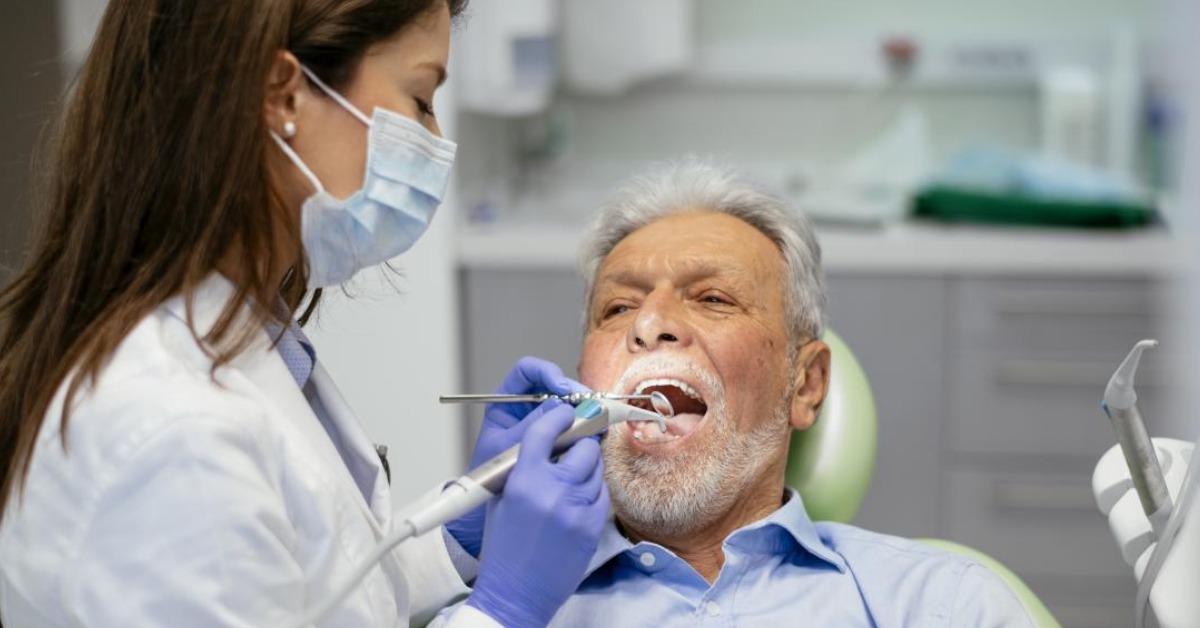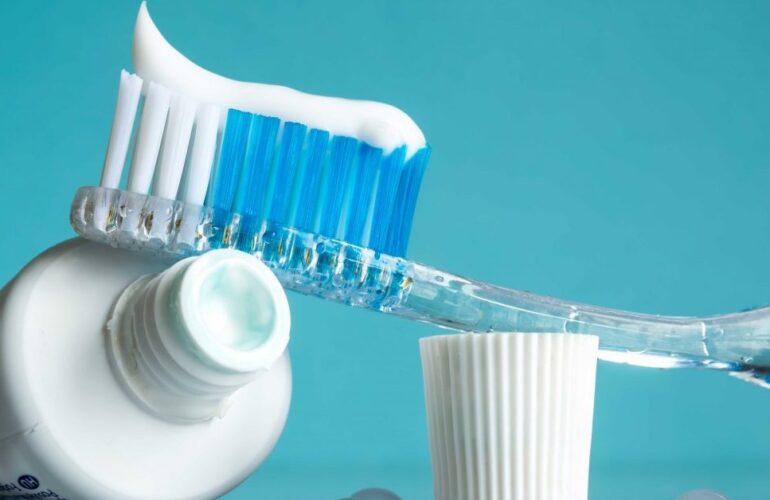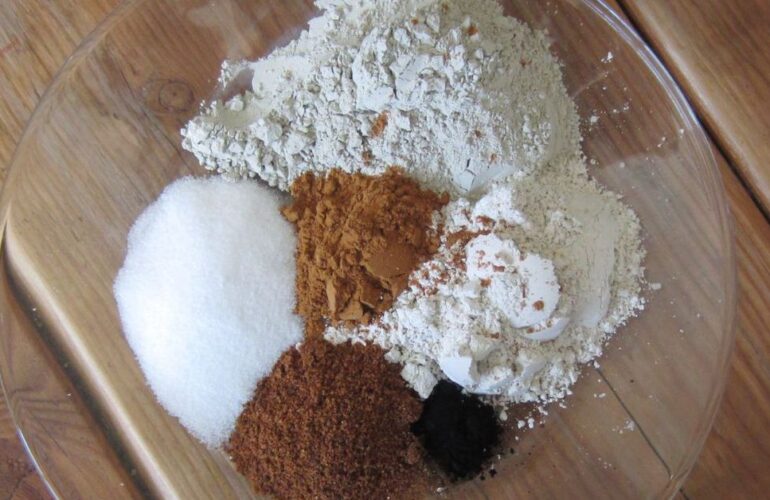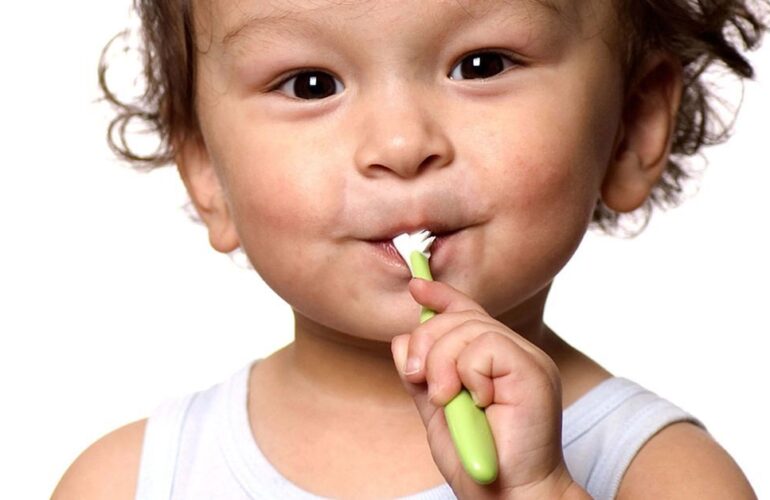Geriatric Dentistry: What, Why, How
It’s no secret that oral health is a vital aspect of well-being. However, much too often, dental hygiene and health are taken for granted, resulting in long-term problems that can be hard to rectify as one grows older. Among the elderly population, poor oral health certainly poses a risk to their general health. Thus, it is absolutely critical for dental care to address and continually manage this issue properly.
Geriatric Dentistry refers to a field of dentistry that emphasizes delivering dental care to the elderly population. It involves the diagnosis and treatment of issues that are associated with age-related ailments. It is important to keep in mind that older individuals are more susceptible to dental problems, oral conditions, and periodic illnesses. Geriatric dentistry is built on the foundation that the elderly should be recognized as a distinct group in the provision of dental care.
Addressing Dental Care for an Increasingly Ageing Population
Today, human beings across the globe are aging at a rapid rate, with the section of people falling under the “elderly” category significantly large. Needless to say, this phenomenon is thanks to the fact that advances in modern medical technology and medicine have been steadily growing.
Scientists predict that, between the years 2045 and 2050, the life expectancy of the world’s population will have increased to 77 years. Thus, geriatric dentistry plays a crucial role in ensuring that this section of the population gets the right care for the maintenance of their oral health.
However, when you get right down to it, this is no simple task. Age-related dental problems are much more common than was once predicted; ironically, one of the contributing factors to this is the ability of elderly people to retain their natural teeth due to successful prior dental treatments involving sophisticated, modern methods. As they get older, they face the risks associated with accumulating oral problems.
Why is Geriatric Dentistry Critical for the Elderly?
The elderly are susceptible to all manner of dental problems, including teeth loss, dry mouth, oral cancer, periodontitis, and severe tooth pain. Let’s look at some of the central problems that geriatric dentistry can address.
Dry Mouth
Chronic dry mouth, also known as Xerostomia, is prevalent in the elderly population. Though the root cause remains unclear, it is generally associated with dehydration. The condition can result in cracked lips, fissured tongue, and caries, in turn affecting the individual’s taste, ability to feel pleasure, and general well-being.
Oral Mucosa Changes
When the oral mucous membrane – which encompasses the epithelium and connective tissue – changes, the patient may find himself more susceptible to the effects of pathogens. This could result in significant thinning over time, compounded by stippling. This also makes patients more susceptible to oral cancers.
Teeth Changes
As one age, the effects of chewing, stretching, and talking, manifest most commonly in the form of dental erosion; the outermost layer, enamel, fails to regenerate, exposing inner layers to all kinds of damage. Thus, it is really critical that this issue is routinely addressed through the practice of geriatric dentistry.
Periodontal Disease
The risk of facing periodontal disease is prevalent in elderly patients, the extent of which largely depends on each individual’s oral history. As one age, health conditions manifest in a way that makes one more susceptible to anaerobic bacteria which can infect the insides and cause inflammation.
While age doesn’t directly cause periodontal diseases, it certainly increases the chances of its development. A significant aspect of geriatric dentistry is developing the right methods and applying the right tools to combat this issue.
Successful Provision of Oral Care for the Elderly
Oral health therapists can focus on the following areas to address dental problems among the elderly:
- Developing and maintaining a proper oral hygiene care routine, with a schedule indicating precisely at which hours of the day the patient’s dental assessments are to be done.
- Cultivating a safe environment that is free of distractions, for successfully providing oral care.
- Promoting trust among the elderly patients and the oral therapist or dentist.
- Specialized training in the use of non-verbal gestures and cues, in the form of facial expressions, signs, symbols, and innovative modes of communication.
- Developing cutting-edge communication techniques for patients who are suffering from dementia.
Soaking in the Significance of Geriatric Dentistry
Elderly patients are confronted with high levels of plaque, ailments, and debris, becoming dependent on others to take care of their oral health; this is no simple matter, and this is where professionals must come in.
Geriatric dentistry is not a one-stop solution for getting rid of the dental problems that elderly people face, but a comprehensive field of study that aims at continually and organically developing the right tools and methods to address them.
